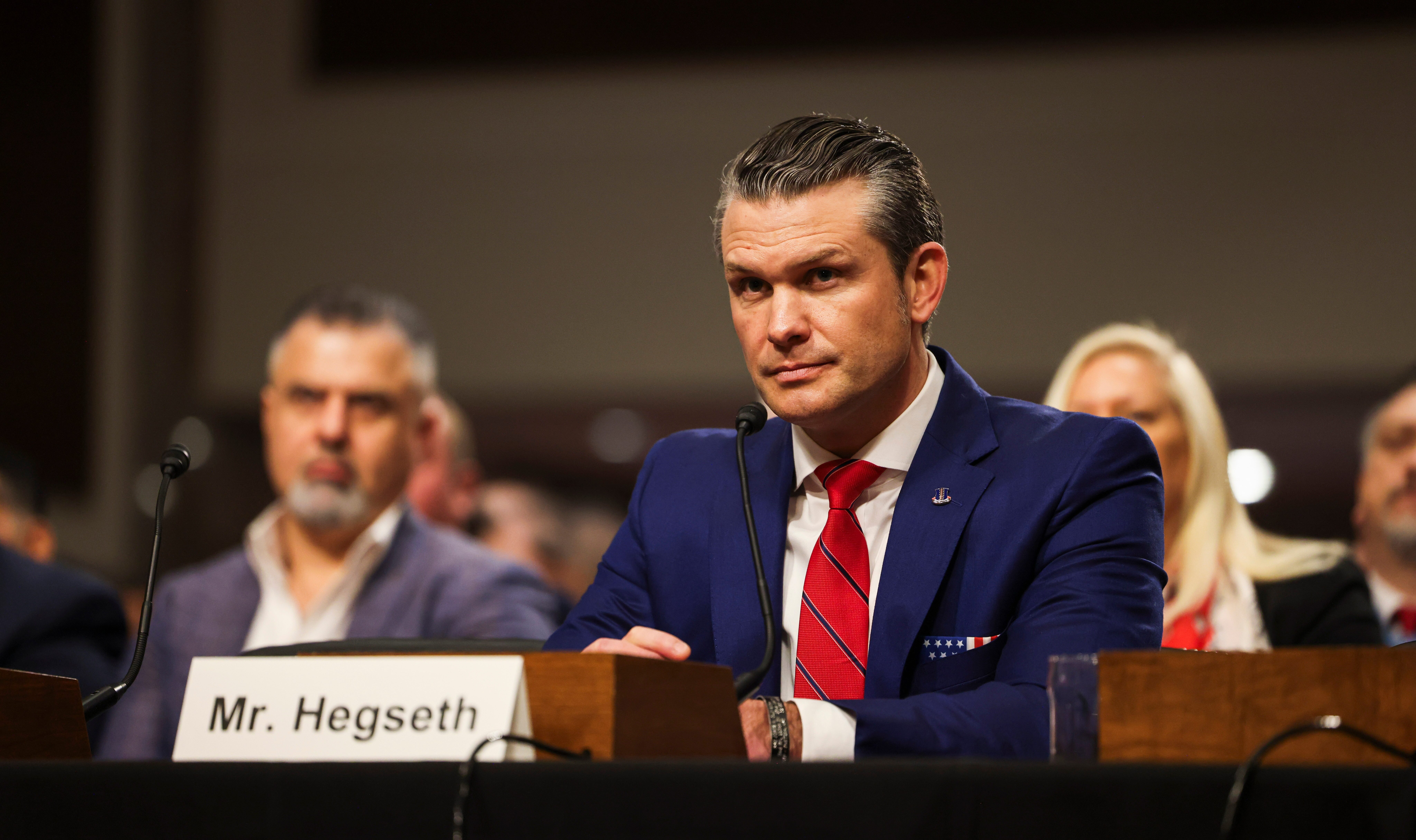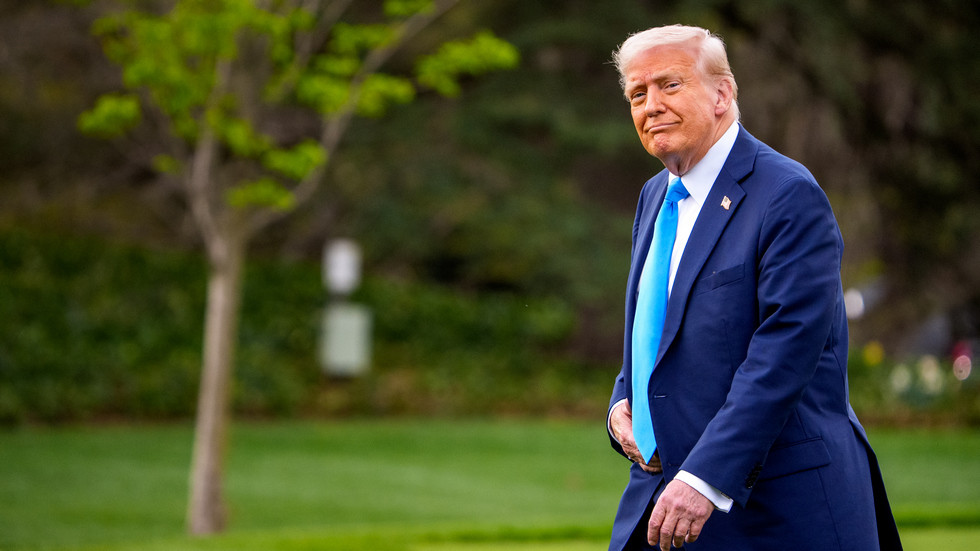Politics
Republican foreign policy is wide open in a way it has not been in generations.

It’s far from the only issue raised by the group chat seen ’round the world, but it is an extremely important one. President Donald Trump’s national-security team may have the most consequential splits on foreign policy of any Republican administration since George H.W. Bush’s a generation ago.
No, the public should not have seen the entirety of that Signal communication. The Atlantic’s Jeffrey Goldberg should not have entered, or more precisely been invited into, the chat. But the substance of that conversation, and the differences of opinion displayed by different Trump principals participating, is of utmost public importance.
Vice President J.D. Vance was skeptical that the Yemen strikes were consistent with what Trump was otherwise trying to convey to Europe and his broader America First message to the voters and the world. National Security Advisor Michael Waltz was a Republican hawk out of central casting. Secretary of Defense Pete Hegseth was somewhere in the middle.
None of this is particularly surprising based on any of their public records or reputations. It in part reflects how three veterans of the war on terror have internalized and responded to the strategic failures of the biggest military interventions undertaken in the aftermath of the 9/11 terrorist attacks on America.
All three of them took up arms to defend their country and came to different conclusions about what they witnessed at war. Those lessons could inform U.S. foreign policy for another generation, or be discarded in favor of historical analogies arguably more pertinent to their grandparents’ generation.
Quite simply, Trump’s success in keeping his campaign promises on foreign policy ride on conversations like the one his deputies were having, however incautiously, in the hours before the Yemen strikes.
Those promises include delivering an America that is militarily strong but judicious in its use of force; a country at peace because it can both effectively deter aggressors and also engage in bold diplomacy; a more equitable sharing of international defense burdens among rich allies.
What was until recently a monologue among Republicans on foreign policy has become a dialogue under Trump, dating back to his first term. Trump famously pronounced the Iraq War a disastrous mistake, something other Republican leading lights were reluctant to do as late as 2016. George W. Bush’s administration didn’t produce or advance many seasoned Republican national-security professionals willing to proffer such advice to a GOP commander-in-chief, leaving even Trump to go John Bolton–hunting in the bargain bins.
The virtual unanimity among Republicans on foreign policy pre-Trump was both deliberate and accidental. The internal cohesion and organization of the neoconservatives under Bush 43 was the product of skilled operators’ planning and choices. But the radicalization of Dick Cheney, who in the 1990s proclaimed Saddam Hussein was worth “not very many” American lives, or the marginalization of Colin Powell, weren’t inevitable. When terrorists struck on 9/11, the realists associated with the elder Bush were increasingly aging out of government or more associated with a fading moderate Republicanism than conservatism.
The Republican presidents who helped win the Cold War received advice from a more diverse set of experts than those who came after them, and, while few of them would have overtly criticized, say, the Vietnam War, they nevertheless sought to learn its lessons.
Trump, with his background in business deals and distance from the Republican conventional wisdom of 20 years ago, is back to having a more disparate set of advisers, some of them still learning on the job. That’s why conservative foreign-policy debates and Trump 2.0 personnel moves have become more contentious than they have been since the days of “Unpatriotic Conservatives.”
Subscribe Today
Get daily emails in your inbox
Who would have imagined Elbridge Colby getting more pushback in a Republican Senate than, ultimately, Robert F. Kennedy Jr. did?
The conservative divide on these issues matters more than it has in over 20 years, since the end of the Cold War, perhaps in the history of the modern movement.
Whatever the fallout of Signalgate, which surely demonstrates that the better disciplined Trump second-term team could still be considerably more buttoned up, the implications of the wider conservative group chat about foreign policy could hardly be greater.

 By The American Conservative | Created at 2025-03-26 04:15:17 | Updated at 2025-03-29 08:11:28
3 days ago
By The American Conservative | Created at 2025-03-26 04:15:17 | Updated at 2025-03-29 08:11:28
3 days ago








